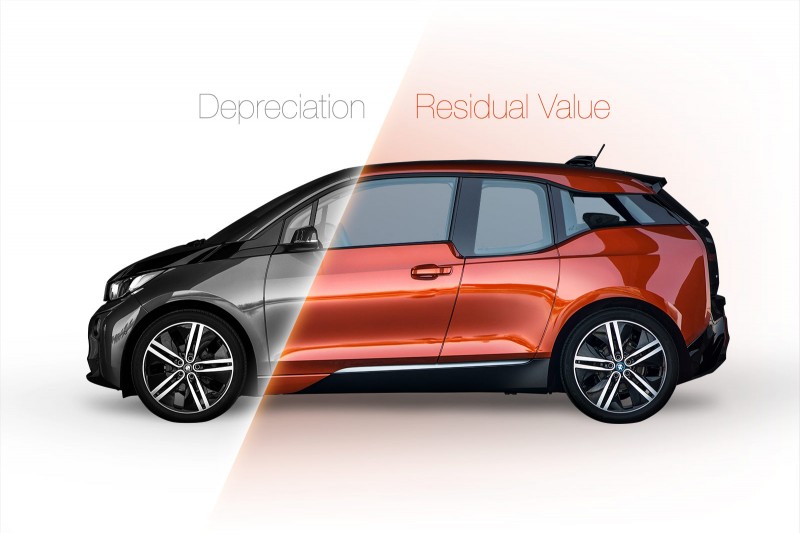Residual Value (RV) forecasts for electric vehicles (EV) are increasingly getting closer to that of traditional diesel cars as the used car market acclimatises to the new technology and understanding of it improves, says Glass’s. The publishers of the trade pricing bible say that in some cases, EV RV forecasts are already approaching that of their diesel powered equivalent.
Rupert Pontin, head of valuations at Glass’s said:
“The residual value gold standard for EVs is the Tesla Model S. Its minimum 220 mile range means that its three year/60,000 mile value is around 43% – almost exactly the same as a well-established direct competitor, the BMW M535D M Sport.”
Elsewhere in the more mainstream rather than high-end market, EV values are also closing the gap on diesels. For example, the Vauxhall Ampera Electron’s 27.58% at 3-years, 60,000 miles is not so different from the Vauxhall Insignia SRI CDTi’s 34.56%. Similarly, the BMW i3 REx with ‘Suite’ trim holds a value of 39.11% which compares to a BMW 320d Sport at 43.46%. Pontin added:
“Clearly, there is still a difference here between EVs and diesels but there are signs that it is closing all the time. Crucially, when the overall running costs of an EV are taken into account, factors such as savings on fuel mean that they may beat traditional models.”
Glass’s also state that the announcement of things such as replacement battery pricing has helped in a major way, since it helps both users and insurers understand the true costs of owning an EV. For example, Nissan stated a new battery pack for their LEAF EV costs €5,000 or around £3,500. However, RVs for the Nissan LEAF are amongst the poorest of all EVs, at around 29% at 3-years, 60,000 miles. This is in part due to their success, being the best selling and most populous EV around. However, with Nissan’s statement of battery pricing, the uncertainty of forecasting for EVs was largely removed.
Mr Pontin concludes that it is likely EV RVs will continue to close the gap on diesels as used car retailers and buyers became more familiar with the technology. Critically, battery power improvements, which mean better real world driving range, should help with more widespread adoption. Long term, Mr Pontin feels that electric vehicle adoption will become more prevalent and their continued increases in familiarity will see their residual values, “firm up and stabilise”.
News source; Glass’s
Photo: Jonathan Musk

